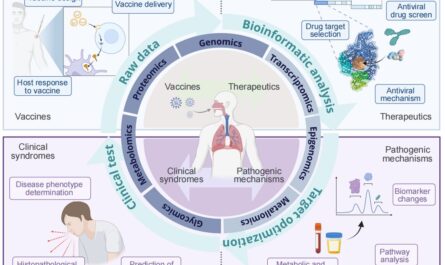Importance of Robust Hardware Support
Reliable IT infrastructure is essential for day to day operations, and hardware failures can lead to lost productivity and revenue. Hardware support services provide troubleshooting and repair assistance to minimize downtime from technical issues. Having a dedicated support team to handle maintenance, upgrades, and repairs is crucial in today’s digital landscape.
Preventative Maintenance Practices
Proper preventative maintenance goes a long way in reducing unplanned hardware failures. Support teams conduct regular health checks and diagnostic testing to catch potential problems early. They monitor key performance indicators and usage patterns and proactively replace aging components before failures occur. Preventative maintenance also includes updates to device firmware, drivers and operating systems. Support technicians work with clients to establish maintenance windows for scheduled upgrades and patches to ensure optimal system uptime. Regular maintenance practices considerably extend the lifespan of devices and networks.
Rapid Response and Resolution Times
When issues do arise, quick response and resolution are top priorities for hardware support providers. Around the clock monitoring allows rapid identification anddiagnosis of technical glitches. Customers have real-time visibility into the status of any open support cases. Most providers guarantee defined response and resolution times based on the type and severity of the issue. For critical incidents, technicians work remotely or on-site until problems are resolved. Features like remote monitoring and control allow remote troubleshooting and fixes to be implemented quickly without the need for on-site visits. This results in minimum disruption of operations.
Flexible Support Models and Contracts
Hardware Support Services offer different support models and contracts tailored to customer needs and budgets. Basic warranties are included with new hardware purchases for a specified period. Extended warranty contracts provide coverage beyond the initial warranty term. Customers can choose from on-site, phone and depot support options. Some providers bundle support with hardware as all-inclusive subscription packages. Thissimplifies budgeting and payments. Contracts can also be customized based on industry, business size, geographic location, and hours of coverage required. Large enterprises may opt for dedicated on-site support specialists, while SMBs can leverage shared remote support resources. Flexible models give customers the freedom to choose support level matching their IT infrastructure and budget.
Hardware Refresh and Retirement Programs
As technologies advance rapidly, hardware support extends to management ofrefresh and retirement cycles. Support teams work closely with clients to develop strategic refresh roadmaps. They track the lifecycle of existing devices and recommend optimal refresh timings based on factors like performance, compatibility and security risks. This ensures equipment is replaced before end of useful life. Support is also provided for retirements – from logistics of removal to secure data wiping and responsible recycling/reusing of parts in accordance with regulations. Some service providers offer financial incentives like trade-in credits or residual value contracts to offset costs of periodic refreshes. This encourages timely upgrading to optimize performance and minimize security vulnerabilities over the long run.
Managed Services for Optimal Efficiency
Taking support to the next level, managed service providers deliver fully outsourced management of client hardware infrastructure and operations. They assume total responsibility for day to day administration, maintenance and support activities. This allows internal IT teams to focus on strategic priorities. Comprehensive managed service portfolios include procurement, deployment, monitoring, troubleshooting, patching, asset management and reporting functions. Remote management platforms powered by AI facilitate predictive issue detection and automatic resolution workflows. Advanced analytics track metrics to benchmark performance and optimize systems. Clients benefit from increased operational efficiency, scalability, reduced costs and guaranteed service level agreements. Managed services are gaining traction as the ideal model for managing distributed and complex IT environments.
Robust Hardware Support is Critical Today
Reliability is crucial in business landscapes that are heavily dependent on technology. Hardware support services play an integral role in minimizing downtime from technical outages and maximizing hardware lifecycles. Trends indicate their increasing strategic significance through managed support models and integrated lifecycle management. As technologies advance at an unprecedented pace, robust support will be indispensable for organizations to capitalize fully on innovations and gain competitive advantage. With new frontiers of computing emerging every day, support mechanisms will continue innovating to align with evolving business needs in high-velocity digital ecosystems.
*Note:
1.Source: Coherent Market Insights, Public sources, Desk research
2.We have leveraged AI tools to mine information and compile it




